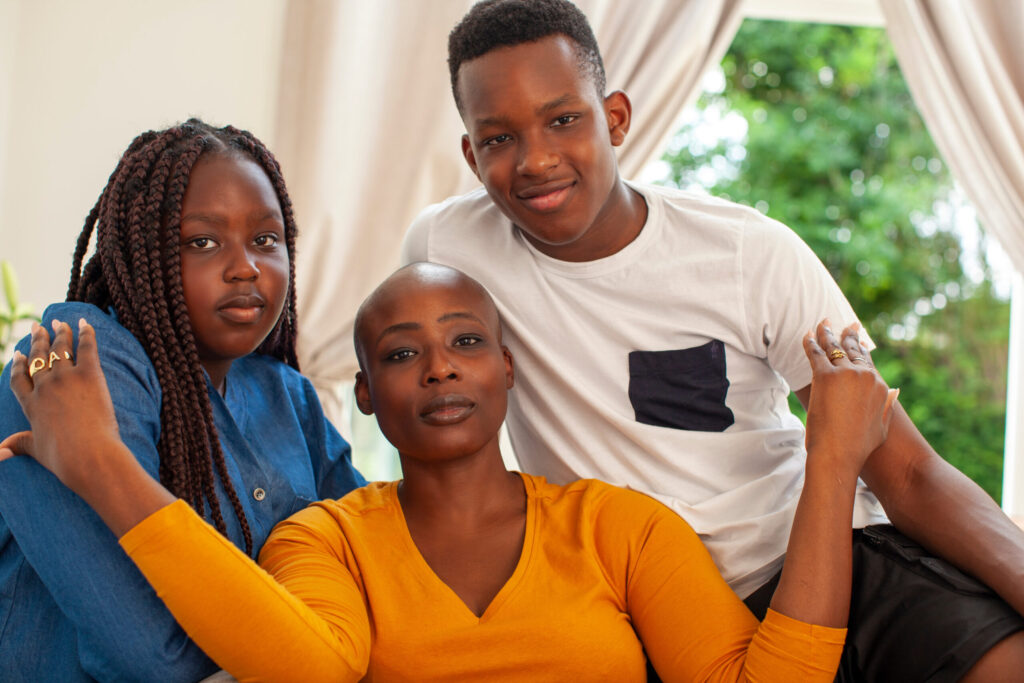Your cart is currently empty!
Fighting for the services your family deserves can be exhausting, but it is also necessary. For Black and Brown families navigating the autism diagnostic process, the path is often delayed due to systemic disparities. These delays in diagnosis mean delays in support, and early detection is critical for ensuring children have the best possible outcomes socially, academically, and developmentally.
Research confirms that children who receive early interventions have better chances of thriving in school and social environments (Dangleben, 2022). However, these vital services are often postponed or denied for families of color, deepening the inequities.
In her 2022 dissertation, Dangleben identified two types of advocacy: passive and assertive. Passive advocacy involves indirect communication, like sharing family experiences on social media to build awareness. Assertive advocacy, on the other hand, means directly working with educators or healthcare providers, such as helping to co-create an Individualized Education Program (IEP). Using both styles can empower families to receive the treatment and services their children need (Dangleben, 2022).

Carolyn Brown’s research adds depth to this understanding. In her 2017 study, she recounted the story of a Black mother who felt excluded from decisions about her child’s education. This lack of communication and partnership led to deep frustration. Still, the mother persisted in advocating for her child, showing up even when she felt discouraged (Brown, 2017). Her story mirrors what many of us, as Black and Brown parents, are pushed to–the margins of conversations that directly impact our children’s future.
Advocacy begins with knowledge. Parents who become more informed about their rights, services, and the systems they are navigating are better equipped to advocate effectively (Dangleben, 2022). Whether through formal workshops, community forums, or one-on-one mentorship, gaining information strengthens a parent’s ability to ask powerful questions, assert their child’s needs, and explore available options.
In a similar way, having a supportive network is equally vital. Dangleben (2022) refers to this as the “social strategy”—a way of building advocacy muscle by leaning on professionals, other families, or trusted allies to navigate challenges together. Whether you’re consulting multiple doctors or organizing with other parents around school policies, collective wisdom builds collective power.
Journalist Marina Sarris (2024), writing for SPARK, provides practical tools for family advocacy in school settings. Her advice includes maintaining respectful communication, asking clarifying questions, and focusing on collaborative problem-solving. For example, instead of demanding that “James needs more time on tests,” a more effective approach might be: “James feels frustrated when he runs out of time during exams. What solutions can we explore together?” This language promotes collaboration over opposition and can reduce misunderstandings. Sarris also recommends keeping detailed notes and records, which can help clarify past agreements and avoid miscommunications in the future.
At the heart of it all, advocacy means trusting your voice—and using it. You know your child. You understand your family’s needs. Whether you’re educating others, challenging injustice, or partnering with professionals, you are the most powerful advocate your child has.
Final Thoughts:
Advocate by listening, learning, and connecting with others. Your voice is not only valid—it is vital.
~Elizabeth Leck, Intern Contributor
Reference(s):
Brown, C. A. (2017). African American parent involvement in Title I schools: Establishing effective home–school–community partnerships (Publication No. 10263311) [Doctoral dissertation, The University of North Carolina at Greensboro]. ProQuest Dissertations & Theses Global.
Dangleben, T. D. (2022). Parent advocacy experiences in Black families of children with autism (Publication No. 29071260) [Doctoral dissertation, North Carolina State University]. ProQuest Dissertations & Theses Global.
Sarris, M. (2024, March 18). How to advocate successfully at school for your child with autism. SPARK – Simons Foundation Powering Autism Research. https://sparkforautism.org/discover_article/successful-autism-school-advocacy/


Leave a Reply